Is Welsh international football – finally – about to go mainstream?
Tomorrow night Wales play Belgium in a crucial, top-of-the-table European Championship qualifying match at the Cardiff City Stadium. With the demand for tickets prompting calls for a return to the Millennium Stadium; a sense of real optimism about the nation’s chances of finally qualifying for a tournament; an all-time high FIFA ranking; and the world’s most expensive player, Leon Barton ponders whether Welsh international football is going mainstream?
Tomorrow night’s midfield battle, with the likes of Roma’s Radja Nainggolan and Wolsburg’s Kevin De Bruyne up against Liverpool’s Joe Allen and Arsenal’s Aaron Ramsey will be fascinating, but perhaps most intriguingly, it’s a match that brings together newly crowned PFA and football writers player of the year Eden Hazard to face the world’s most expensive footballer and hometown hero Gareth Bale, on the occasion of Bale’s 50th cap. It’s truly mouthwatering, even if you’re not Welsh or Belgian. Basically, some of the very best practitioners of the world’s most popular sport will be playing a massive match in the Welsh capital.
And yet, had you clicked on www.visitcardiff.com to find out what was happening on June 12th, until very recently, you wouldn’t even have known this game was taking place. It is listed now, but only thanks to a twitter campaign from Wales fans.
No promotion of @FAWales v Belgium on the official @cardiffcouncil Visit Cardiff website, which also lists venue as Millennium Stadium.
— Ian Hamer (@ian_hamer) August 29, 2012
.@VisitCardiff your website has a glaring omission on the 'Events' page; Wales v Belgium 12/6/15 not listed.
— Wales Away (@walesaway) March 17, 2015
I genuinely wonder how long it would have taken had such a campaign not taken place. Would it ever have been listed at all? Or would visitors to Cardiff on that day have believed the only entertainment available would be the mighty DJ Fresh (?) headlining the X music festival in Bute Park?
You might think this was just a simple oversight, something not even worth mentioning, let alone using as the introduction to an article, and maybe that is all it was. The problem with this dismissal is that when stacked up alongside a whole host of other ‘oversights’, it begins less and less to look like a coincidence and much, much more like something symptomatic of Welsh authorities and establishment figures and institutions in their attitude towards football.
In 2011, I visited Cardiff ahead of the Wales versus Switzerland game at Swansea’s Liberty Stadium. Leaving Cardiff Central station, I saw there was some building work being done at the perimeter of the car park. Obviously mindful of trying to present a prettier picture of the Welsh capital than piles of rubble and dust, the council had erected massive photographs of Cardiff scenes and sights to placate visitors. In amongst shots of the parks, castle, shopping parades and so on, were some sporting scenes: A Wales rugby union match at the Millenium Stadium obviously, but also a massive blow–up of an England cricket match being played at Sofia Gardens. I searched in vain for several minutes for a Cardiff City-on-match-day shot. I also looked a for any pics of what were surely the three most worldwide famous Cardiffian sportspeople active at the time – Ryan Giggs, Craig Bellamy and Gareth Bale – in action for their national team in their home city. I found neither.
Ok, call me petty, but the point is these things don’t happen in isolation. And when added together it creates an entire culture where it often feels as though for those in positions of power and influence in Wales, football (and especially the Wales football team) doesn’t even exist.
So why is this? Especially when for virtually every other country in the world, the authorities are very quick (often too quick) to hitch any sort of ride on the football bandwagon?
Well, lack of success for one. It’s been very nearly sixty years since the national team played in a major tournament, so there haven’t been too many Welsh football bandwagons to hitch on. But as the actor/writer Jonathan Owen explained in a superb piece for the BBC ahead of Cardiff City’s 2008 FA cup final appearance, there has also been a paranoia amongst ‘the great and good’ in Wales about what Welsh football success could mean, what it could eventually lead to;
“For the most part football was ostracized, forcibly stifled by a succession of games teachers and schools, newspaper journalists, TV networks, policemen, high court judges…the establishment basically. They wanted to maintain the status quo, nothing could possibly be seen to take their precious jewel…rugby”
I don’t want to get into a tedious rugby vs football discussion here. I don’t actually know what a ‘national sport’ is and neither do I care. That isn’t what this article is about. But at the same time it is difficult to discuss the perception of Welsh international football, without making any reference to the ‘crown jewels’ status that rugby union undoubtedly enjoys in Wales.
Or at least south Wales. That’s the thing, for people like me, born in Wrexham and brought up near by, we don’t tend to have the same perception of Welsh rugby’s exalted status. I grew up less than ten miles from Mark Hughes, a man who once said:
“When I was in south Wales having football trials, people said ‘You’d be a good scrum-half’ or whatever, but I never knew what they were talking about! I’d sometimes throw a ball around with my mates but I never played an organised game. There wasn’t a lot of rugby played in my part of north Wales”
“The soul of Wales is on the rugby playing field” said chairman of CBI Wales Charles Sutton recently. It’s this kind of guff that gets to a great many football fans in Wales, especially, I would add, the Gogs. How can the ‘soul of Wales’ possibly be said to be on the rugby pitch if someone like Mark Hughes (whose physique and temperament would have been perfect for the oval ball game) grew up in north Wales during the golden era of Welsh rugby without ever playing an organised game in his entire life? Is the soul of Ruabon really on the rugby pitch? The soul of Rhyl? Of Holyhead? Of St. Asaph? Of Llanberis? Of Ruthin? Of Bangor? Not in my experience it isn’t.
Despite perceptions, football is HUGELY popular in Wales, and across the whole country too. It’s undeniable really. Last month 328,000 people in Wales played the sport, nearly 10% of the entire population. In England the figure is less than 5%, and it’s falling. Over three times as many people in Wales play football on a regular basis than play rugby. And yet, statements in the media such as the following couple of examples are never hard to find.
In a newspaper interview a few years back, TV Presenter Lisa Rogers explained how she became an Arsenal fan by saying “I grew up in south Wales where rugby means everything and football means nothing”. Remarkably, Rogers has been employed by the TV programme ‘Sport Wales’ for the past few years, in a job that involves regularly interviewing Welsh footballers. The mind boggles.
When the sitcom Gavin and Stacey became popular, I remember a tabloid article that went something along the lines of ‘We’re the real Gavin and Stacey!’ Basically, it was an Essex boy going out with a Welsh lass, who saw the chance to make a few quid by selling their ‘amazing story’. In attempting to explain how the heroic young couple have bridged the ‘cultural divide’, the ‘real Stacey’ came out with this gem: “Gav (or whatever his real name was) has been taking me to West Ham matches. Football’s not very popular in Wales”. This was around the time that Cardiff City nearly won the FA cup by the way, twice taking around 40,000 supporters to Wembley for the semi-final and final.
For the most part, I feel these kinds of comments deserve to be mocked, but at the same time I (sort of) understand how such misguided viewpoints are formed.
Because whilst only an idiot would argue ‘football is not very popular in Wales’, the whole point of this piece (if it does have a point..) is that it’s not mainstream. It’s a subculture, albeit a pretty large one. I’d liken it to a cult band that can sell out decent sized venues but rarely appears on Radio 1 or 2 playlists. In Welsh band terms, football in Wales is a bit like the Super Furry Animals. Welsh rugby is more like the Stereophonics. In terms of Welsh rock songs, football is ‘You Love Us’ and rugby is ‘Total Eclipse Of The Heart’. In terms of…nah, that’s probably enough.
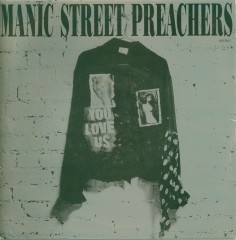
If you read the Western Mail or watch BBC Wales to keep up with Welsh sport, then you would be forgiven for believing ‘football’s not very popular in Wales’. Everywhere in the media Welsh people are bombarded with the clichéd misconception that Wales=rugby and Wales=not football. It seeps into the public consciousness to the point where it’s taken as gospel.
“I support Wales in rugby but England in football because Wales are crap!”
How many times have you heard this kind of statement, or seen it on Facebook?
Well, here’s the thing… we’re not so “crap” any more. We’re 22nd in the FIFA rankings. And we might well be about to qualify for the European Championships. Which, for me, begs the question; is Welsh international football – finally – about to go mainstream?
It seems very possible. Could the cat – at long last – get out of the bag? And if it does, could the WRU and their friends in the media/politics struggle to ever get it back in again?
Upon meeting FAW’s Head of Public Affairs and Stakeholder Engagement, Ian Gwyn Hughes, a few years ago at a roadshow in Brymbo, I bemoaned the lack of connection between people who are Welsh and football fans BUT NOT Wales football fans. It’s always struck me as an anachronism. But also something that the FAW could work on? Hughes agreed. Surely, with over 20,000 regularly attending both Cardiff City and Swansea City matches, there was a potential captive (but as yet uncaptured) audience out there to work with? Well, work on it they have. Whilst many would point to results as being the only factor in bringing back the crowds and excitement, the near capacity crowd for the first home qualifier of the current campaign for the game versus Bosnia-Herzegovina suggests this isn’t strictly true. After all, the two previous matches were a horrible scraped 2-1 away win in Andorra and a friendly loss in Holland – hardly the kind of thing to get the Welsh public excited again.
The Wales squad was back together and training in the sunshine in front of the media this morning. #TogetherStronger pic.twitter.com/mBWMXJwZFY
— Wales (@FAWales) June 8, 2015
The #TogetherStronger campaign has been a masterstroke, but it would not have meant much if subsequent performances on the field had not met the raised expectations amongst the Welsh public, fired up by the increasingly impressive marketing of their national football team. It’s reached a point where it does feel like it might all finally be coming together. And whilst us relative old-timers are all wary, having seen the team in excellent positions to qualify before, the big difference is that this time it genuinely feels sustainable. Even if we don’t qualify for the Euro 2016 we will still be seeded at least 2nd for the forthcoming World Cup draw. Beat Belgium on Friday and we’ll be top seeds. Considering we were seeded six at the previous World Cup draw, this would be a quite amazing achievement.
Whilst qualifying for tournaments is all I’ve ever dreamed of for Welsh football, I’ve also noticed a strange air of melancholy about the prospect amongst some of my fellow fans. I’m not in that camp at all, I’m all for the Wales national team reaching the highest heights possible, but I do (kind of) get where that feeling comes from. It’s a bit like a band you’ve loved for five albums finally having a hit single, and you just know that soon-to-be-released sixth album will send them into the stratosphere. “Where were you when I was watching them at Buckley Tivoli with only two other people in the audience?!” is not that different from “Where were you when we played Estonia at Parc Y Scarlets and only 4,000 turned up?”.
Of course, we’ve had large crowds before. During the ultimately doomed campaign to qualify for Euro 2004, we were the best supported international team in Europe in fact, regularly boasting crowds of over 70,000, no matter who we played. But that was when big football matches at the Millenium Stadium were a relative novelty, and although crowds were huge, they were usually quiet. I always got the impression that more than three quarters of the people there wouldn’t have known who Mark Pembridge was, even if he’d slide tackled them in the street. Nowadays, we have a genuine football crowd at the Cardiff City Stadium. Big, noisy, passionate and knowledgable. Much more like it.
I’ve always believed that one qualification- just ONE!- would change the whole outlook and perception of Welsh football in the way that qualifying for Euro 88 did for the Republic of Ireland. A whole generation of Irish kids – kids such as Robbie Keane and Damien Duff – consequently grew up genuinely believing they could get to tournaments, where before there had only been faint hope.
I can’t wait to find out if my theory is correct.

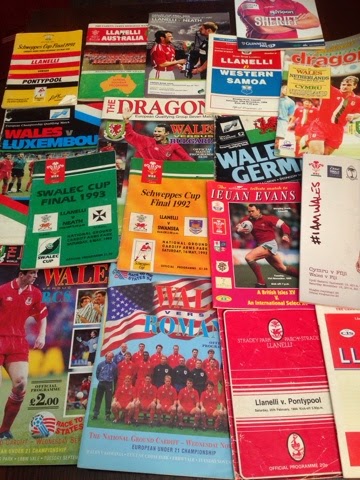
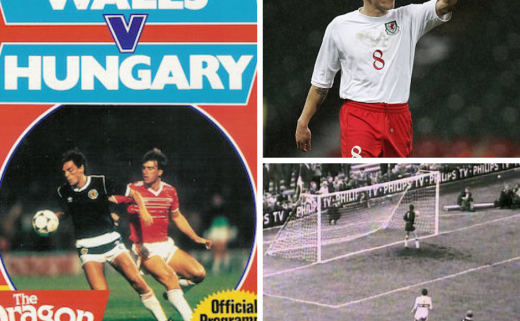
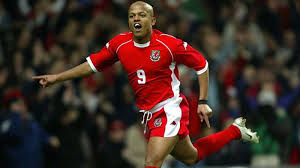

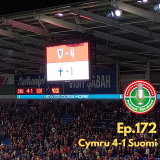

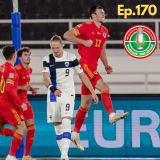



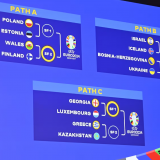





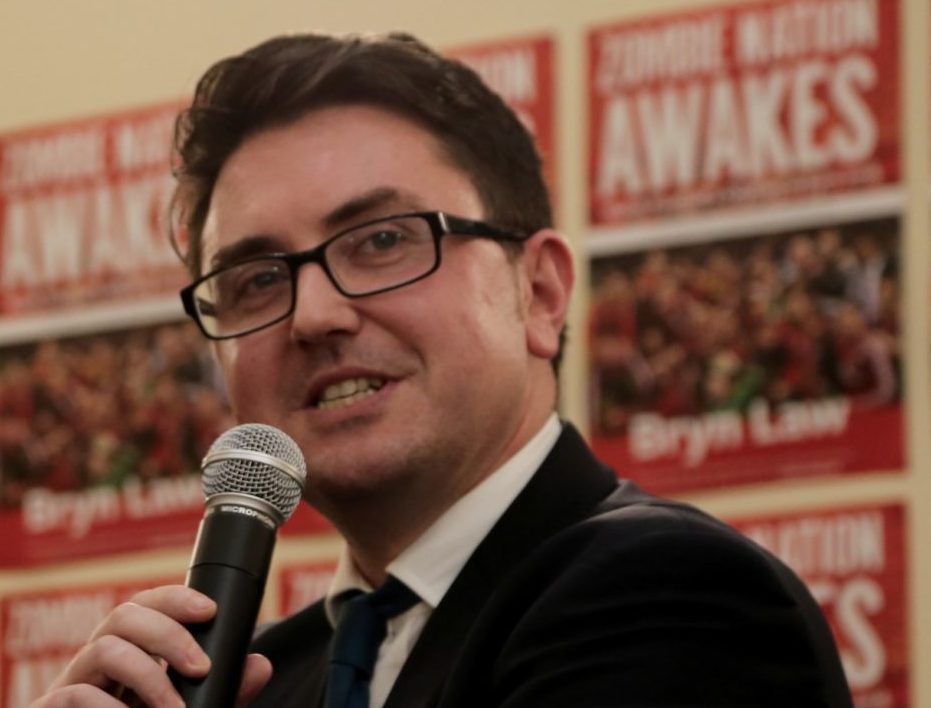




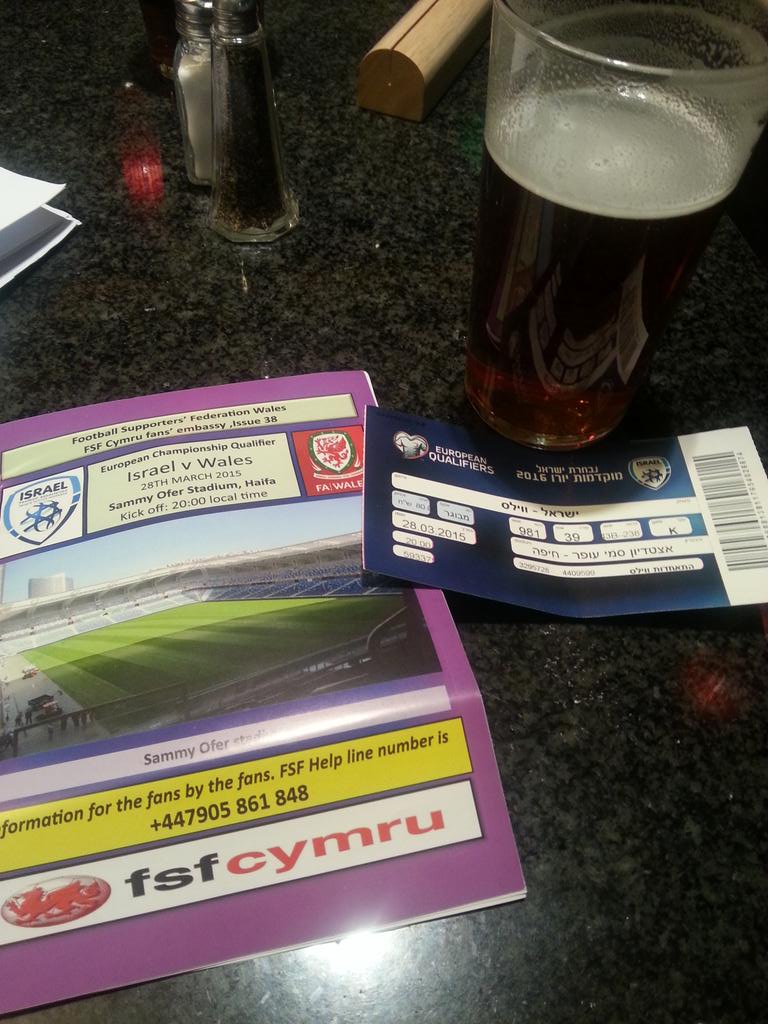

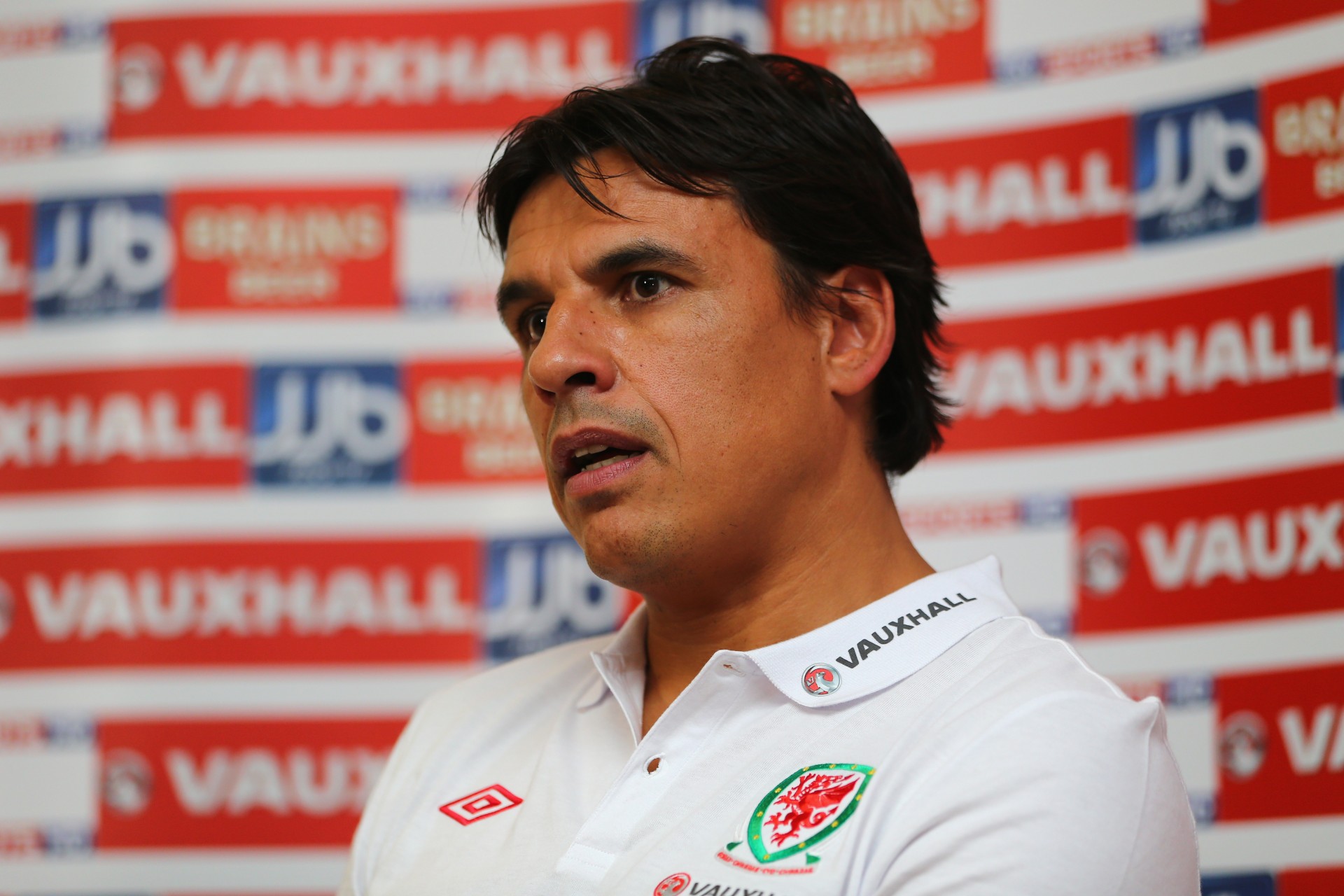
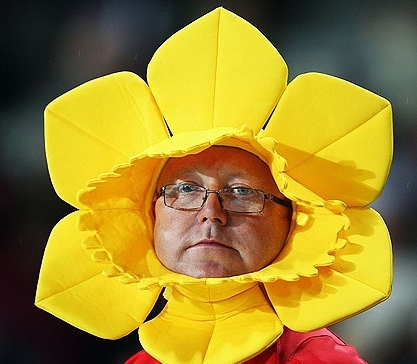


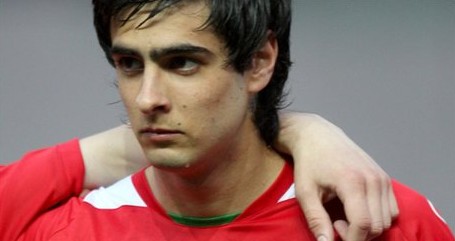
Nice piece.
Have you seen the recently published strategic plan by the FAW? http://www.faw.org.uk/uploads/flipbooks/Strategic-Plan-2015/ I think it’s superb.
As you mention, I think qualification to a major tournament would take football in Wales to the next level and it’s nice to see them acknowledge that in the plan (http://www.faw.org.uk/uploads/flipbooks/Strategic-Plan-2015/#116-117).
Compared with the ‘Ragbag Rovers’ image Mark Hughes dubbed the FAW before he took charge (http://www.walesonline.co.uk/sport/football/football-news/nothing-best-wales-1974967), the entire operation looks so much better than it has in previous years. The marketing has been good (Cardiff Council run websites apart!), the preparation has been superb and it finally feel like there is room for real optimism, not just the blind optimism we may have had in the past.
Thanks for reading and taking the time to reply Ian. Agree with your comments. I’ve always felt there was room for improvement (putting it politely) in the way the FAW goes about it’s business… a lot more they could do to create a winning mentality in Welsh football. Obviously the FAW can’t go out on the pitch, but they can ensure the stadiums are full at least (give the tickets away if needs be..) and create a buzz around the national team. This is actually happening now, and the players seem to be feeding off the energy of the fans…which in turn is fuelling the fans even more. We used to be stuck inside a vicious circle and now we have a non-vicious one!
As I stated, I believe one qualification will change everything and Jonathan Ford probably thinks this too. But there’s also a sense now from the FAW that these things don’t just happen by accident. You can’t just state you want something to happen and then expect it to (hello Greg Dyke!) You have to create a culture, take away the players excuses, get the fans back on side. I have nothing but admiration for the way the FAW have gone about things since the start of this campaign. That’s not something I was ever expecting to say to be honest… – Leon